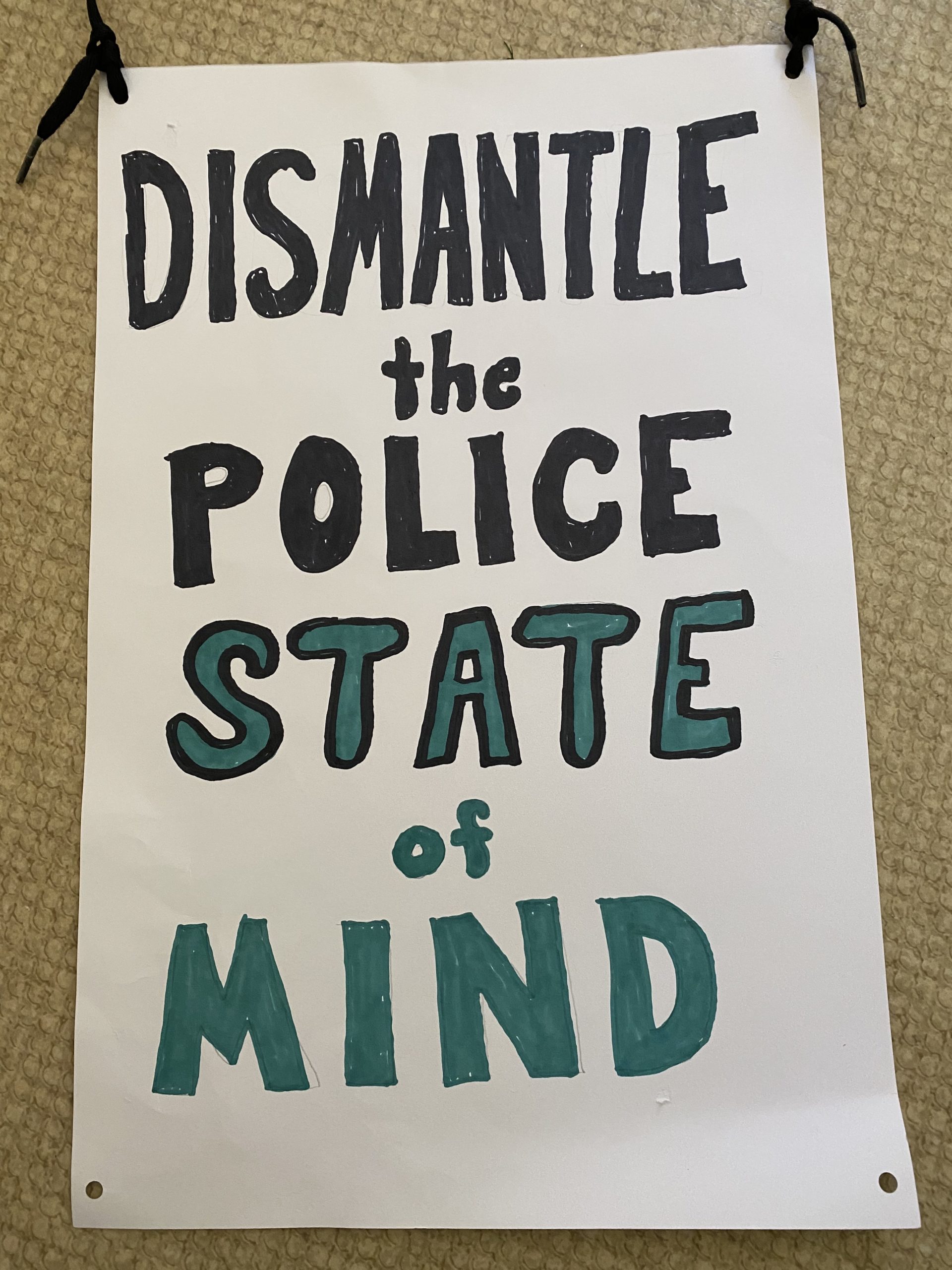In an excellent OpEdNews article, Rabbi Michael Lerner writes about the recent Strategy Conference for Liberals and Progressives to address “How To Support Obama to BE the Obama Americans Thought We Elected.”
What I love about this article is that it really transcends the poisonous dichotomy of Obama/Good vs. Obama/Bad, amending conventional political thought with a deeper, more soulful analysis. Leave it to a man of spirit to reassure us that despite the ostensible rancor and division among us in the wake of a mixed-bag political year we’re really not as far apart from each other as we might think.
Writing about the premise of the conference, Rabbi Lerner describes a state of being that I know many are all too familiar with these days:
Many are suffering from post-traumatic Obama abandonment syndrome–an ailment that came from being severely traumatized by Obama’s political moves in the past thirteen months. A palpable sadness, depression, anger and even despair carried by many who had worked for Obama and now felt betrayed by his choices in his first year in office was mixed with compassion and a strong determination to not allow the political Right to use our despair as their ticket to a political revival.
Most participants at the conference weren’t what Lerner describes as the “You were always foolish to hope in Obama–don’t you know that the military-indusrial-health-agricultural-banking-investment-energy complex controls the society” – type hardened lefties, but folks who were honestly hopeful about keeping the energy and momentum of the campaign alive. For many ordinarily realistic and level-headed people the prospect of an Obama presidency felt like an oasis after crawling through a god-forsaken desert for eight years, with hope — and at times fantasy — springing eternal.
There was a feeling that all our dreams and aspirations projected onto an inspiring new president and majorities in both houses would sustain the enthusiasm harnessed during the campaign and crystallize into a slew of major transformational legislation. When that didn’t happen it almost felt like a broken heart, a major crush turned human being, warts and all, and Rabbi Lerner is asking if we can learn to love our newly discovered imperfect partner.
So, the most important first step for liberals and progressives is to explain to themselves and each other that history is not over, that the Obama years still retain some possibilities, and even though we need to give up our (often unconscious) fantasy that Obama was our messiah who would save us and the world, we can and must still retain our understanding that the suffering in this world through poverty and oppression, the destruction of the environment and the possibility of ending all human and animal life on the planet Earth, and the survival of our own souls and mental health requires that we revive a movement based on love, kindness, generosity, ecological sanity, and caring for each other, including everyone on the planet. (emphasis mine)
These sound like pretty lofty and flowery ideals in the middle of many bruising political battles, but it is exactly this deeper look at ourselves and broader perspective on why we do what we do that happens to also be the magic potion to resolve our own mental gridlock. The movement will regain its momentum once a critical mass of progressives realizes that our fighting power is stronger if it comes from a place of love and compassion, and likewise, our hearts get bigger when we’re fighting for causes that conventional wisdom tells us are too far and high to attain.
In other words, once we accept that what we think of as different factions amongst ourselves aren’t actually contradictions but needed ingredients to move everyone forward, we’ll be better equipped not only to hold our representatives accountable but follow through on our end of the bargain. (stay involved, stay conscious, keep fighting, keep loving)
While it’s clear that a Rabbi would speak to the power of hope, faith and compassion, Michael Lerner understands that enlightenment is only half complete without action:
you cannot know what is realistic in politics until you engage in fierce struggle for your highest ideals, because what looked unrealistic before you engage in that struggle can suddenly become very realistic when others get the sense that it is safe for them too to fight for their highest ideals.
In one of the most mind-bogglingly beautiful and at the same time startlingly unedited sentences I’ve ever read, Rabbi Lerner weaves together politics, ecology and spirituality, making a compelling case to go beyond our traditional mental trenches and power our politics with the reservoir of much larger universal mechanisms at work in our human existence:
I believe that the solutions to a global transformation require elements that a traditional Left consciousness cannot and has not been able to adequately develop–including a focus on developing our capacities to be caring, loving and generous and building economic and political and social institutions that have that as a primary goal, creating in us a willingness to give up on the supposed need to consume more and more and to reject the goal of “growth” of the economy and of the population and instead learn to live more simply and more in tune with the needs of planetary environmental sustainability, a capacity for humility, forgiveness of those who have hurt us, joyousness, and thanksgiving and celebration of the grandeur and mystery of the universe and of consciousness and of Being Itself (which for me gets best expressed in religious terms, but for others in non-religious or secular or atheistic terms), and a capacity to see each and every human being, no matter how distorted, as still embodying the sacred and hence equally valuable with every other human being on the planet.
Read the whole article here. It’s quite extensive and goes into all kinds of other issues.
Thanks to Pam for bringing it to my attention. Check out her awesome blog Notes Along the Path!







